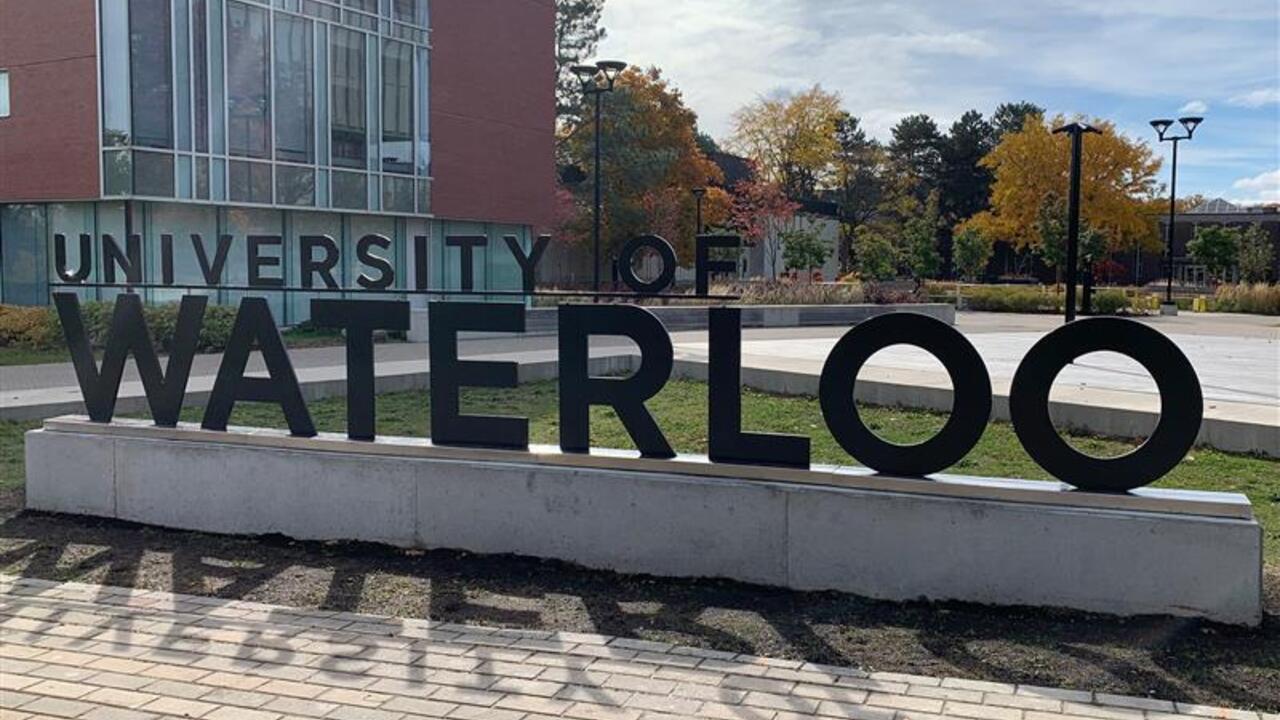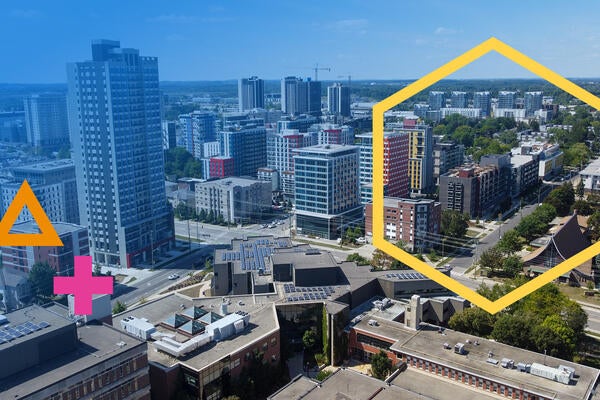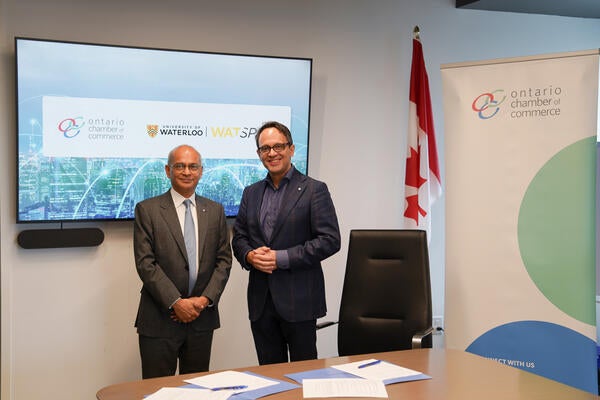
https://uwaterloo.ca/news/news/first-university-waterloo-international-development-students
Students from the University of Waterloo’s first-ever graduating class in international development have returned from their field placements abroad.

Students from the University of Waterloo’s first-ever graduating class in international development have returned from their field placements abroad.
By Media RelationsWATERLOO, Ont. (Friday, April 27, 2012) - Students from the University of Waterloo’s first-ever graduating class in international development have returned from their eight-month field placements abroad. They will share what they learned at a one-day conference next week.
The 23 students volunteered in Botswana, Burkina Faso, Ghana, Malawi, Peru and Vietnam. They worked on projects focused on issues such as delivering safe water to low-income urban communities, building environmentally sustainable businesses, and helping subsistence farmers combat drought and deforestation.
“These students have immersed themselves in the cultures and languages of their host communities to learn and contribute in profound ways,” said André Roy, dean of the Faculty of Environment. “They are creating positive change both in themselves and in the world.”
“Waterloo’s international development program is unique,” said Professor Larry Swatuk, the program’s director. “It’s heavy on practice. It’s not light on theory, but it’s one of the few that emphasizes skills and has an eight-month field placement.”
Because the lengthy placement comes at the end of their studies, students enter the field equipped with “real skills – entrepreneurial skills, environmental management skills,” said Swatuk. “They can actually make a valuable contribution right away.”
Waterloo’s is the only international development program located within a faculty of environment. The School of Environment, Enterprise and Development (SEED) runs it in partnership with St. Paul's University College, which is affiliated with the University of Waterloo. The program draws on the expertise of its three points of origin in environment, sustainable business, and social innovation.
The field placements, most of which relate to environment, business, or both, are organized in partnership with World University Service of Canada (WUSC), one of Canada’s leading development agencies. “Waterloo students make lasting positive impacts on their host communities through their placements,” said Chris Eaton, executive director of WUSC. “They also develop their own skills immensely.”
The Shape the World conference runs from 8:30 a.m. to 7 p.m. on Wednesday, May 2. Student presentations run from 9 a.m. to noon and 1-5 p.m. Prizes will be awarded to the best presentations. The free conference is aimed at development professionals, prospective students, and interested members of the community. Registration and schedule information is available at http://shapetheworld.eventbrite.ca/.
Interviews with students and/or program organizers can be arranged on the day of the conference as well as before or after it. Students are in Waterloo for a two-week debrief from April 23 to May 4.
About the University of Waterloo
In just half a century, the University of Waterloo, located at the heart of Canada's technology hub, has become one of Canada's leading comprehensive universities with 34,000 full- and part-time students in undergraduate and graduate programs. Waterloo, as home to the world's largest post-secondary co-operative education program, embraces its connections to the world and encourages enterprising partnerships in learning, research and discovery. In the next decade, the university is committed to building a better future for Canada and the world by championing innovation and collaboration to create solutions relevant to the needs of today and tomorrow. For more information about Waterloo, visit www.uwaterloo.ca.
-30-
Media Contacts
Karen Kawawada
Communications Officer
Faculty of Environment
University of Waterloo
519.888.4567, ext. 38100
karen.kawawada@uwaterloo.ca
Pamela Smyth
Media Relations Officer
Communications & Public Affairs
University of Waterloo
519.888.4777
psmyth@uwaterloo.ca
www.newsrelease.uwaterloo.ca
Waterloo news release no. 37

Read more
President of Waterloo EDC says the University of Waterloo plays a pivotal role in region’s economic development on the global stage

Read more
The faculties of Science and Arts introduce a new theatre and performance course tailored to Science students

Read more
Waterloo’s WatSPEED to provide businesses with access to AI upskilling programs in new province-wide initiative
The University of Waterloo acknowledges that much of our work takes place on the traditional territory of the Neutral, Anishinaabeg and Haudenosaunee peoples. Our main campus is situated on the Haldimand Tract, the land granted to the Six Nations that includes six miles on each side of the Grand River. Our active work toward reconciliation takes place across our campuses through research, learning, teaching, and community building, and is co-ordinated within the Office of Indigenous Relations.